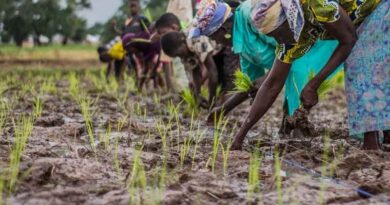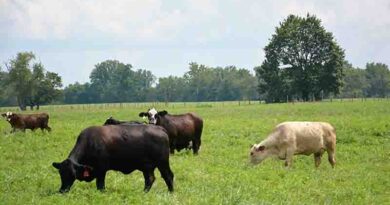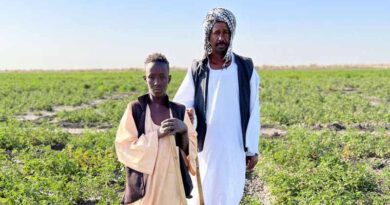New study suggests innovative value chain financing approaches for youth engagement in agribusiness
11 May 2021, Vietnam: Organising young people into business entities and employing innovative value chain financing approaches to encourage more youth participation in agribusiness have been suggested in a new CABI-led study focussing on Zambia and Vietnam.
The research, published in the journal Development in Practice, sought to understand the nature of youth participation and identify barriers and opportunities for youth engagement in agriculture and agribusiness in Lusaka, Zambia and Vinh Phuc, Hung Yen, Dak Lak and Tien Giang in Vietnam.
The scientists, led by Dr Joseph Mulema who is based at CABI Africa in Kenya, found that while a majority of youth were engaged in agriculture – primarily production – few were involved in input supply, trading, transportation and the provision of advisory services.
By conducting key informant interviews and focus group discussions in the two countries, supported by desk studies, the researchers also found that barriers to participation in agribusiness included a lack of start-up capital, low profitability of enterprises and personal aspirations.
Dr Mulema and CABI colleagues, including those from centres in Zambia and Malaysia, and Dr Pham Thi Xuan of the Vietnam Academy of Agricultural Sciences (VAAS), suggest that organising youth into business entities and employing innovative value chain financing approaches may help increase the participation of young people in agribusiness.
Dr Mulema said, “Although several studies have emphasized disinterest of youth in agriculture, this study showed that a majority of youth interviewed were engaged in agricultural activities at various levels.
“Farm production was the most dominant and youth grew both food and cash crops. There were differing levels of participation between male and female youth – an indication of inherent differences in resource capacity, culture, aspirations and knowledge – which were also important factors affecting youth participation in agriculture generally.
“Market and marketing challenges associated with agricultural enterprises were mentioned, though these are not necessarily unique to youth but smallholder agricultural production as a whole.”
The study found that in Zambia, almost all the youth (99%) were engaged in farm production, producing crops and animals for home consumption and local markets.
However, in Vietnam, the youth had more diversified activities in agriculture including farming (88%), input supply and the sale of fertilizers, pesticides, seeds, manure and cattle feed/fodder. Of those who engaged in farm production, 95% produced for (both?) own consumption and market . Just 5% took part in contract farming, tractor hiring/driving services and draught power operations.
Co-author Dr George Oduor, CABI’s Deputy Director, Research, said, “Given the importance of agriculture in creating jobs for the youth, and the fact that the youth are already engaged though with limited benefits, this study recommends an integrated approach that enhances access to finance, business skills, and organisational capacity of the youth.
“This would allow them access to lucrative and niche markets and be business leaders in the sector. Interventions that integrate modern technology and ICTs are particularly helpful in helping start-ups to navigate market challenges.”















